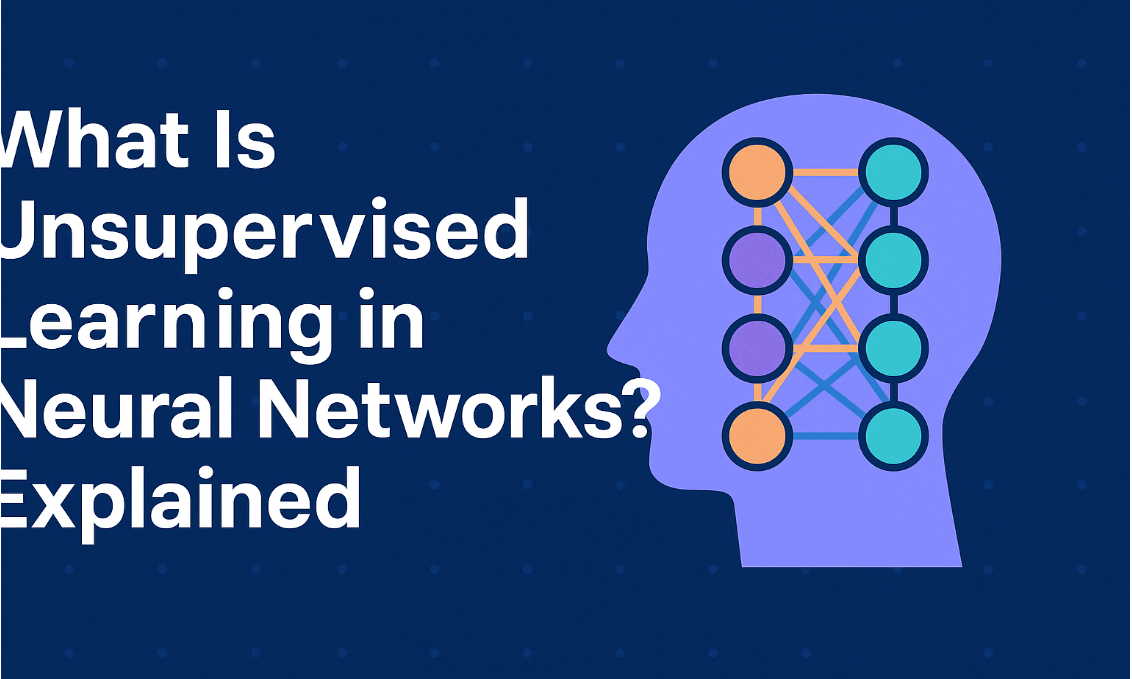
Concept of Natural Acceptance in Human Being
Introduction
Natural acceptance is a fundamental concept in human values and ethical living, emphasizing an innate sense of righteousness, harmony, and self-exploration. It is the intrinsic ability of a human being to distinguish between what is naturally acceptable and what is not, based on their own understanding rather than external influences. This concept plays a crucial role in achieving personal fulfillment, social harmony, and universal well-being.
Table of Contents
Introduction
History and Origin of Natural Acceptance
Understanding Natural Acceptance
Key Principles of Natural Acceptance
Examples of Natural Acceptance in Daily Life
Advantages of Natural Acceptance
Disadvantages of Ignoring Natural Acceptance
Courses and Learning Resources
Difference Between Natural Acceptance and Imposed Acceptance
Result of Practicing Natural Acceptance
Problem-Solving Example Using Natural Acceptance
Conclusion
History and Origin of Natural Acceptance
The idea of natural acceptance has roots in ancient philosophies and ethical teachings. Prominent thinkers such as Plato, Aristotle, Confucius, and Indian sages have emphasized self-awareness and moral reasoning. In Indian philosophy, particularly in Vedanta and Buddhism, natural acceptance is seen as the path to enlightenment, leading to a life of harmony and balance. The modern perspective of natural acceptance is deeply embedded in Human Values and Professional Ethics, a subject taught in various educational institutions worldwide.
Understanding Natural Acceptance
Natural acceptance is an inherent quality that helps individuals determine what is beneficial for them and others based on their internal assessment rather than societal pressure or conditioning. It is characterized by clarity, consistency, and universality, ensuring that decisions made align with the principles of well-being and coexistence.
Key Aspects:
Natural acceptance is universal – applicable to all humans, regardless of culture or background.
It is self-verifiable – a person can validate it within themselves without external enforcement.
It is not influenced by fear, greed, or external approval but by intrinsic understanding.
Key Principles of Natural Acceptance
Harmony in Self – Understanding one's thoughts, emotions, and desires, leading to inner peace.
Harmony in Relationships – Developing mutual respect, trust, and love with others.
Harmony in Society – Promoting justice, fairness, and ethical behavior.
Harmony in Nature – Living in a way that sustains environmental balance and minimizes harm.
Examples of Natural Acceptance in Daily Life
Choosing honesty over dishonesty despite external pressures.
Preferring cooperation over competition to achieve mutual growth.
Respecting every individual irrespective of status, race, or nationality.
Practicing kindness and empathy even in challenging situations.
Advantages of Natural Acceptance
Enhanced Self-Awareness – Leads to clarity in decision-making.
Better Relationships – Encourages trust, love, and respect.
Mental Peace – Reduces stress and anxiety.
Social Harmony – Promotes ethical and responsible behavior.
Sustainability – Encourages eco-friendly and conscious living.
Disadvantages of Ignoring Natural Acceptance
Confusion and Inner Conflict – Leads to indecisiveness and stress.
Unethical Practices – Increases dishonesty, exploitation, and greed.
Deterioration of Relationships – Causes misunderstandings and conflicts.
Environmental Destruction – Results in unsustainable practices and ecological harm.
Courses and Learning Resources
Human Values and Professional Ethics (HVPE) – Offered by various universities.
MOOCs & Online Courses – Platforms like Coursera, Udemy, and edX provide ethics and self-awareness courses.
Philosophy and Psychology Books – Works by Jiddu Krishnamurti, Mahatma Gandhi, and Dalai Lama explore self-acceptance and ethical living.
Difference Between Natural Acceptance and Imposed Acceptance
| Natural Acceptance | Imposed Acceptance |
|---|---|
| Comes from self-understanding | Influenced by society and external factors |
| Universal and applicable to all | Varies based on culture, religion, and social norms |
| Leads to peace and harmony | Often leads to conflict and dissatisfaction |
| Can be verified through self-reflection | Requires external validation and reinforcement |
Result of Practicing Natural Acceptance
Personal Growth – Leads to self-confidence and inner peace.
Better Decision-Making – Enables ethical and well-balanced choices.
Improved Relationships – Strengthens bonds through trust and respect.
Social Progress – Promotes fairness, justice, and sustainability.
Problem-Solving Example Using Natural Acceptance
Scenario:
A student is tempted to cheat on an exam due to peer pressure.
Natural Acceptance Approach:
Self-Reflection: Understanding that cheating is not naturally acceptable and goes against personal integrity.
Long-Term Vision: Realizing that short-term gains from cheating can lead to long-term failure and self-doubt.
Ethical Decision: Choosing to study hard and earn the results honestly, leading to self-satisfaction and true learning.
Conclusion
Natural acceptance is a powerful tool for leading a balanced, ethical, and fulfilling life. By aligning our thoughts and actions with this innate wisdom, we can achieve inner peace, strong relationships, and social harmony. Practicing natural acceptance not only benefits individuals but also contributes to a just and sustainable world.
FAQ:
Q1. What is Natural Acceptance?
Natural acceptance is the innate ability of humans to distinguish between what is naturally acceptable and what is not, based on self-understanding rather than external influences.
Q2. Why is Natural Acceptance important?
It promotes ethical decision-making, personal growth, mental peace, and social harmony by aligning human actions with intrinsic values.
Q3. How does Natural Acceptance differ from Imposed Acceptance?
Natural acceptance comes from self-understanding and is universal, whereas imposed acceptance is influenced by societal norms, culture, or external factors.
Q4. Can Natural Acceptance improve relationships?
Yes, it fosters trust, mutual respect, and understanding, leading to healthier personal and professional relationships.
Q5. What are some examples of Natural Acceptance?
Examples include choosing honesty over dishonesty, preferring cooperation over competition, and respecting every individual equally.
Q6. What are the advantages of practicing Natural Acceptance?
It enhances self-awareness, improves mental peace, promotes ethical behavior, and contributes to a balanced and fulfilling life.
Q7. Are there any courses available to learn about Natural Acceptance?
Yes, courses on Human Values and Professional Ethics (HVPE) are available at various universities, as well as online platforms like Coursera and Udemy.
Q8. How does Natural Acceptance contribute to problem-solving?
It helps individuals make ethical and well-balanced decisions by encouraging self-reflection, long-term thinking, and responsible actions.








